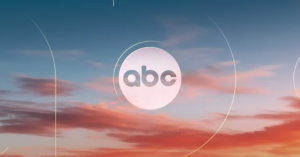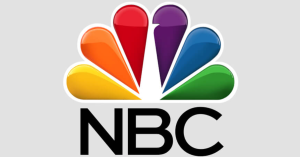Despite some recommendations to the contrary, the state of Florida is set to reopen its beaches to the public. The decision comes despite overwhelming concerns that doing so would only cause cases of coronavirus to spike after weeks of social distancing. As PEOPLE reports, city of Jacksonville opened up its beaches on Friday, the first city in the state to do so.
Jacksonville Mayor Lenny Curry made the announcement via the city’s official Twitter account on Thursday, but stressed there would be some caveats. Namely, the beaches would only be open during select hours of the day, limited to “essential activities” and will still require the social distancing protocol to be kept in place by attendees. The rule applied to the city’s parks as well, though Curry stressed that other amenities, like “pavilions and picnic areas” would remain closed for the time being. “This can be the beginning of the pathway back to normal life,” the mayor added. “Please respect and follow these limitations. Stay within the guidelines for your safety, as well as for the safety of your neighbors.”
Videos by PopCulture.com
The state’s beaches were initially closed on March 20 after several viral photos of the state’s beaches were shown to be packed with tourists, many of which were on Spring Break. The severe blowback the photos drew after they circulated online led to the state’s initial decision.
Along with the myriad of photos, an interview segment with college student Brady Sluder became synonymous with those who weren’t taking the pandemic seriously. “If I get corona, I get corona. At the end of the day, I’m not gonna let it stop me from partying,” Sluder said in the clip, which has since racked up more than 30 million views online. “We’ve been waiting for Miami spring break for a while, about two months we’ve had this trip planned. We’re just out here having a good time. Whatever happens, happens.”
The decision in Florida comes just one day after President Donald Trump implemented a three-phase “guide” for states to begin reopening businesses and other institutions, most of which were forced to close in order to help slow the spread of coronavirus. Although the president stressed the decision was ultimately up to each individual governor.
“You are going to call your own shots,” Trump said on a call to governors. “I’ve gotten to know almost all of you, most of you I’ve known and some very well. You are all very capable people, I think in all cases, very capable people. And you’re going to be calling your shots.”









